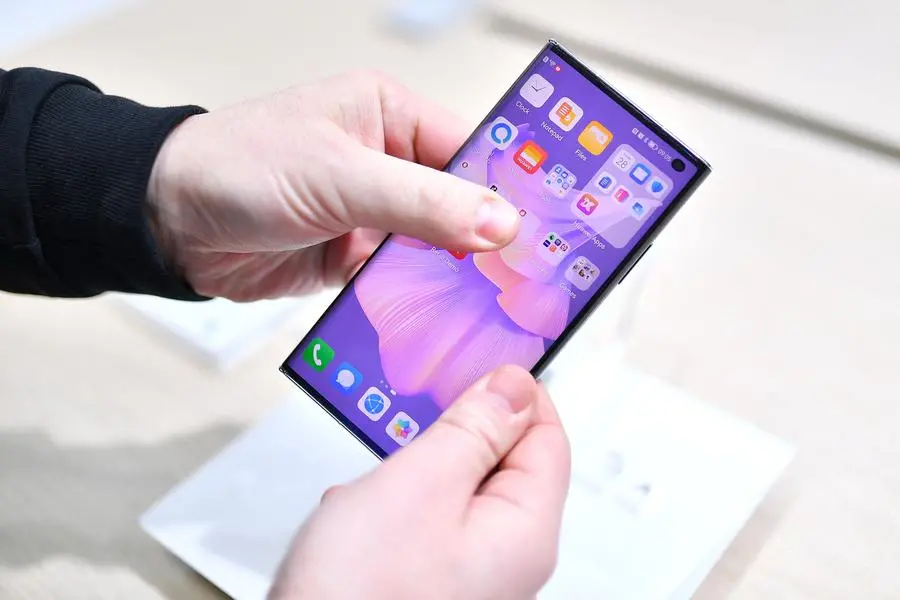PHOTO
Efforts to make smartphones more affordable in Africa are facing several unique challenges. It is not as simple as subsidising devices, there are prohibitive costs and gaps in local manufacturing. Bizcommunity gathered comment from industry leaders and policy makers who gathered at Africa Tech Festival 2024 to discuss these issues and explore solutions, including manufacturing models and revised regulatory approaches.
Africa Tech Festival 2024 saw some pushback against the traditional beliefs around affordable connectivity.
Manufacturing smartphones locally could reduce costs significantly by undercutting tariffs, but Daniel Wang, President of Honor MEA, unpacked the logistical and structural challenges.
"The supply chain for smartphones includes the screen, battery, and even the chargers," he explained, "and you need a product line that can handle these components locally."
Honor plans to pilot local manufacturing in select African countries but acknowledges the need for significant policy support.
"Even with a strong policy from the government, it's going to take time," Wang noted, singling out South Africa as one of their priority markets.
Reality check
Daniel Wang, President of Honor MEA
Echoing Wang’s concerns, Daud Suleman, director general of the Malawi Communications Regulatory Authority (Macra), entertains the idea of assembling parts locally, but acknowledged that full-scale manufacturing remains challenging.
He pointed to infrastructure limitations, noting that only about 15% of Malawi’s population has access to consistent electricity, which affects both production and device usability.
"The kind of devices we produce must consider this reality," Suleman said.
He suggested a gradual approach, beginning with assembly plants rather than full manufacturing.
Import tax burden
Angela Wamola, GSMA head for sub-Saharan Africa, drew attention to the impact of heavy import duties.
This high tax burden makes smartphones unaffordable for millions across the continent.
“Only 710 million people live within reach of a 3G or 4G signal but remain offline largely because they can’t afford the devices or the data,” Wamola said.
With an average African mobile data consumption of only 2GB per user – far below the global average of 20GB – Wamola suggested that reducing import costs and taxes on smartphones and mobile data is essential for closing the connectivity gap.
Luxury goods
Minister Solly Malatsi
Minister of Communication and Digital Technologies, Solly Malatsi, is known for his crusade against the idea that smartphones in many African countries are classified as "luxury items," which raises their tax brackets.
"A smart device is not a luxury item," he argues, "it’s a basic communication tool in today’s digital economy."
Malatsi has been very vocal in his support for a reclassification of smartphones to lower their tax burdens, aligning with broader national aspirations for universal digital access.
Digital inclusion
In addition to taxes, high energy costs contribute to the overall expense of digital access in Africa.
Wamola pointed out that energy accounts for up to 67% of data costs in rural areas, limiting digital access further.
Daud Suleman on stage with Solly Malatsi
GSMA reports found that a shift towards renewable energy could reduce these costs and alleviate the macroeconomic burden of fossil fuels.
"Urban areas face energy costs that account for about 30% of data costs, while rural areas face up to 67%," Wamola said.
She believes that focusing on renewable energy solutions is essential for affordable connectivity, especially in off-grid communities.
Reduced costs and expanding access
The consensus among these industry experts is that to boost digital inclusion, African governments must reassess tax policies and invest in infrastructure improvements that can support local assembly and renewable energy sources.
Only by addressing these core issues can Africa leverage its potential and make smartphone ownership a realistic possibility for millions of its citizens.
As Suleman aptly summarised, "If we’re serious about digital inclusion, we need policies that foster it, not stifle it."
All rights reserved. © 2022. Bizcommunity.com Provided by SyndiGate Media Inc. (Syndigate.info).





















